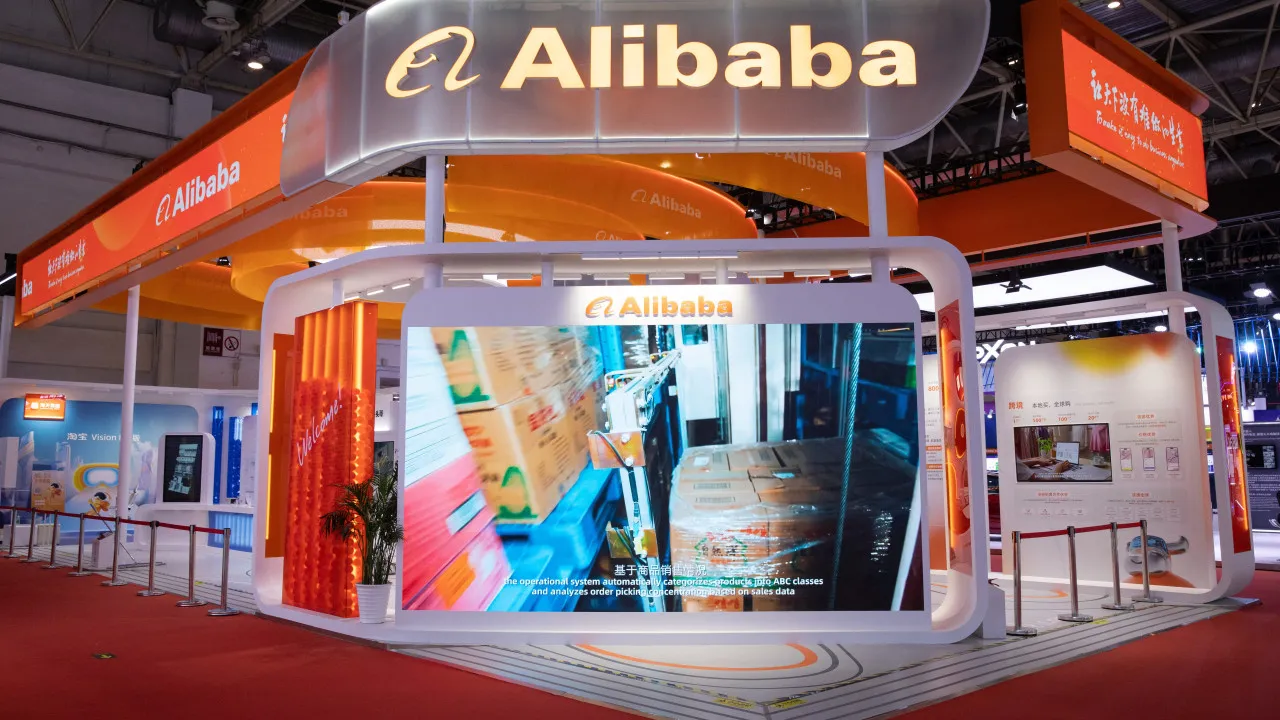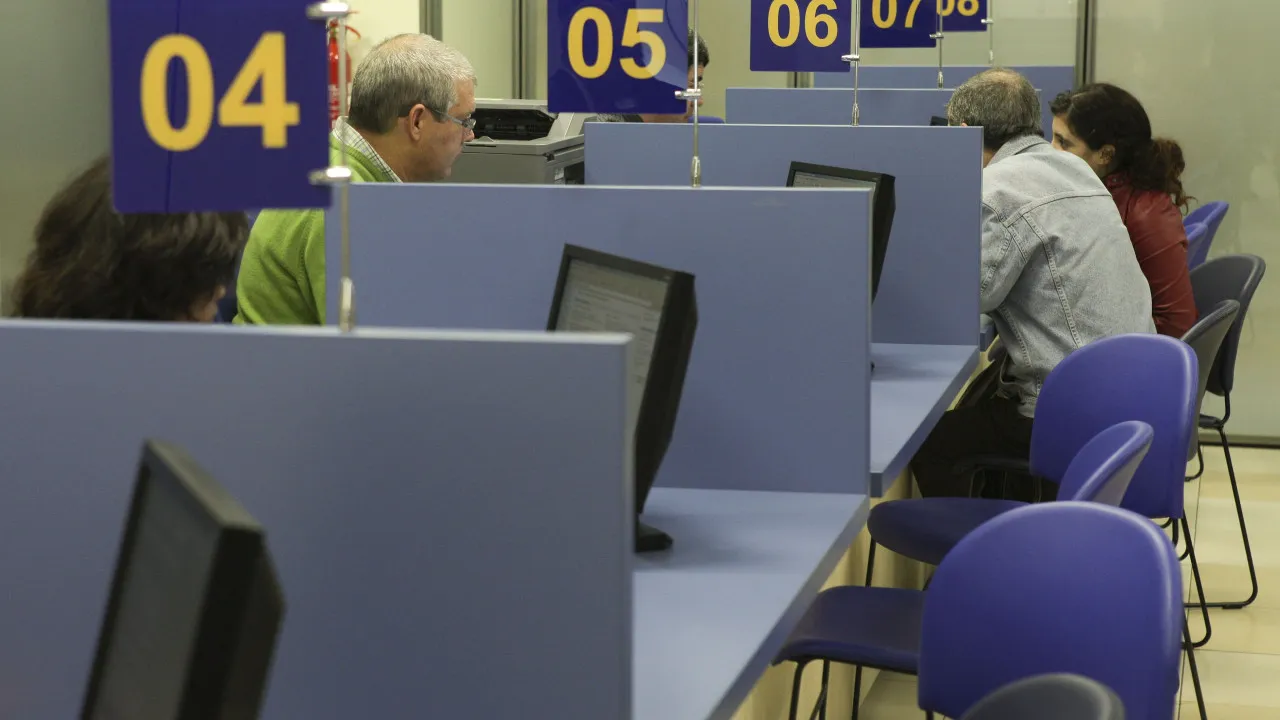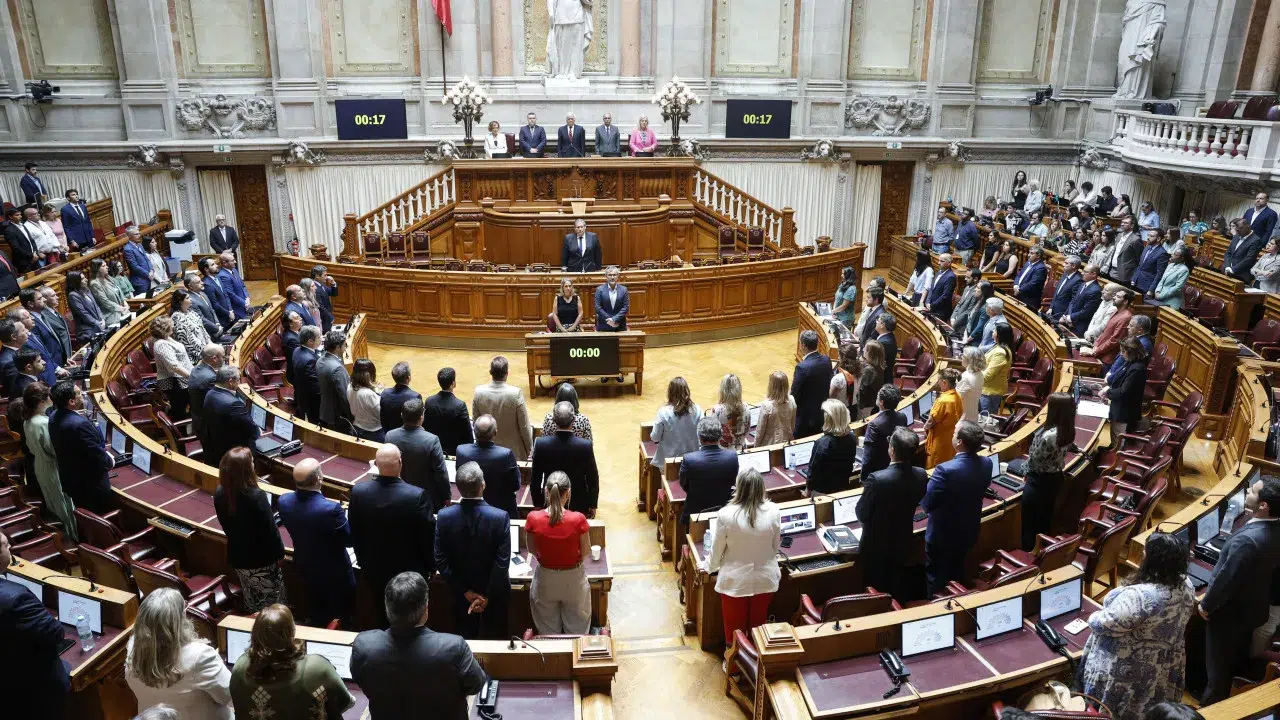
The Taobao platform, launched by Alibaba in 2003 and a leader in e-commerce in China, announced via the social network WeChat that 50 billion yuan (5.92 billion euros) will be allocated “directly to consumers and merchants” over a 12-month period starting today.
These incentive measures, primarily focused on the app’s “flash sale” feature, will include “red envelopes”—a digital version of traditional monetary gifts—product discounts, free deliveries, and reduced commissions charged to sellers.
According to the company, the offers aim to “provide consumers with preferential and more convenient experiences and services, further stimulating consumer vitality.”
The decision comes at a time when Beijing is trying to counteract deflationary pressures that threaten to stall economic growth, in a scenario already marked by a prolonged real estate crisis, declining exports, and slowing domestic consumption.
Since last year, Chinese authorities have implemented various measures to boost domestic demand, including interest rate cuts, real estate sector stimuli, and incentives for automobile and appliance purchases.
The results, however, have been mixed: although retail sales—a primary indicator of private consumption—accelerated in May, real estate sector prices continued to fall during the same period.
On Tuesday, Chinese President Xi Jinping called for efforts to “promote the construction of a unified national market” during a high-level meeting on economic policy, according to official news agency Xinhua.
During the meeting, Chinese leaders also advocated for better regulation of “disorderly competition based on low prices” among companies.
“At a time when the Chinese economy faces deflationary pressures and a fragile labor market, the Government seeks to address these challenges from the supply side,” commented Zhiwei Zhang, president of Pinpoint Asset Management, following the meeting. “The priority seems to be avoiding excessive competition,” he added.




